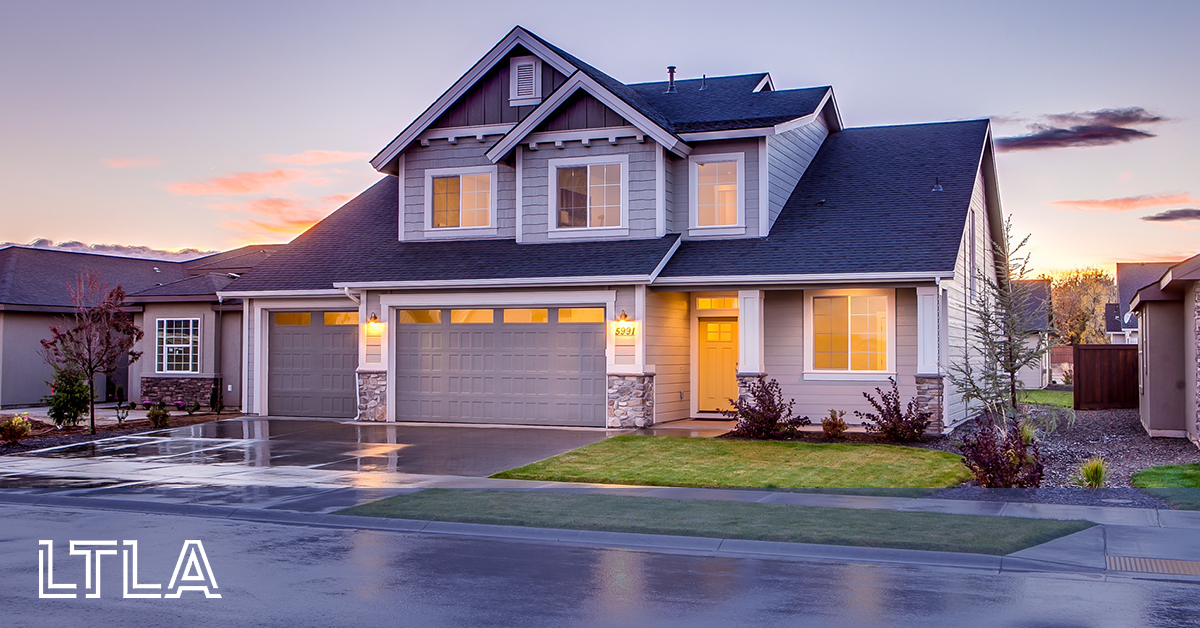
Reverse mortgages are probably the most misunderstood financial products for seniors. Celebrity spokesmen on TV commercials make them sound wonderful, while negative rumors (“It’s a scam!” “It’s too good to be true!” “The bank will get your home!”) abound. You just don’t know who or what to believe. But if you are a senior citizen who owns your own home, a reverse mortgage can be a safe and useful tool to help you increase your cash flow in retirement. Let’s take a closer look at what a reverse mortgage is, who it’s meant for (and not), and what it means for you and your loved ones.

Reverse Mortgages Basics
Simply stated, a reverse mortgage is a type of home equity loan. As you pay your mortgage off over the years, you built up the equity, or value of your home. With a reverse mortgage, you turn some of the value of your home into tax-free cash, which you can use to pay for everyday expenses or to pay for unexpected costs, such as healthcare bills. The program is both regulated and insured by the federal government (FHA).
The big difference between a reverse mortgage and a traditional home equity loan is that you don’t need to repay the loan as long as you are living in your home. When you move out or pass on, the loan becomes due. The payments you get from a reverse mortgage aren’t taxed and won’t reduce the amount you get from Social Security or the amount of Medicare you are eligible for.
Common Misconceptions
The two most common misconceptions are that you have to sign your home over to the bank, or that the bank will get your home when you pass on. Both are not true. You keep ownership of your home. You decide when to sell it. If you stay until the end, your heirs will inherit the home, and they decide whether to keep it or not. But it’s these two main misconceptions that usually prevent seniors from even considering a reverse mortgage in the first place.
Who Are Reverse Mortgages For?
Reverse mortgages aren’t for everyone. They’re not a good idea for homeowners who are planning to move in a few years, nor for seniors whose children will need to inherit 100% of the home’s value. Also, a homeowner who is willing and able to make monthly payments to a bank might be better off with a traditional home equity loan, if they qualify. Reverse mortgages are most appropriate for seniors who wish to remain in their home for the long term, their income is less than their expenses, and whose children will survive on inheriting some, instead of all, of the home’s value.
 Common Uses of a Reverse Mortgage
Common Uses of a Reverse Mortgage
- Stop or slow the draw-down of savings and investments
- Pay off an existing home loan, credit cards, or medical bills
- Pay for home repairs or improvements that will help you “age in place”
- Gifts to loved ones, travel, or other special things
Ready to learn more about a reverse mortgage and see if it’s the right option for you or your loved one? Schedule an appointment to speak with Rick Schluter, our reverse mortgage specialist today.
 Our Reverse Mortgage Specialist
Our Reverse Mortgage Specialist
Rick Schluter

